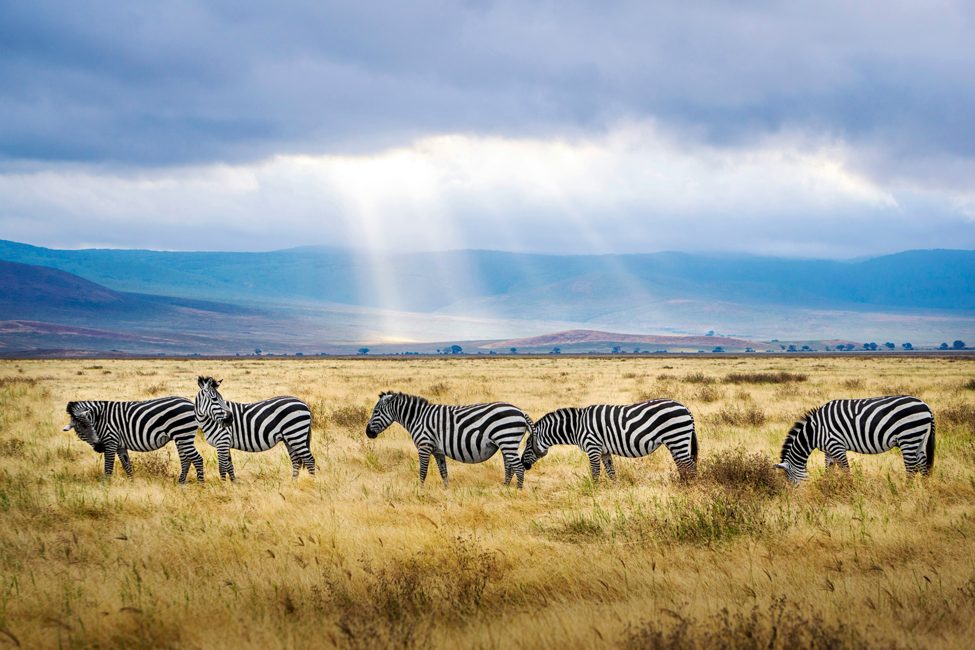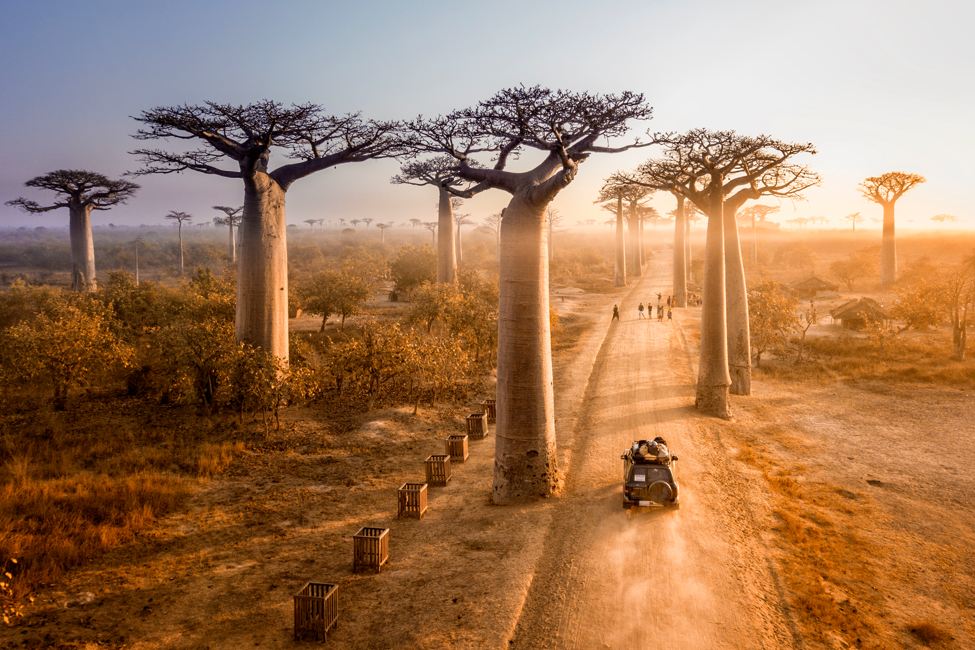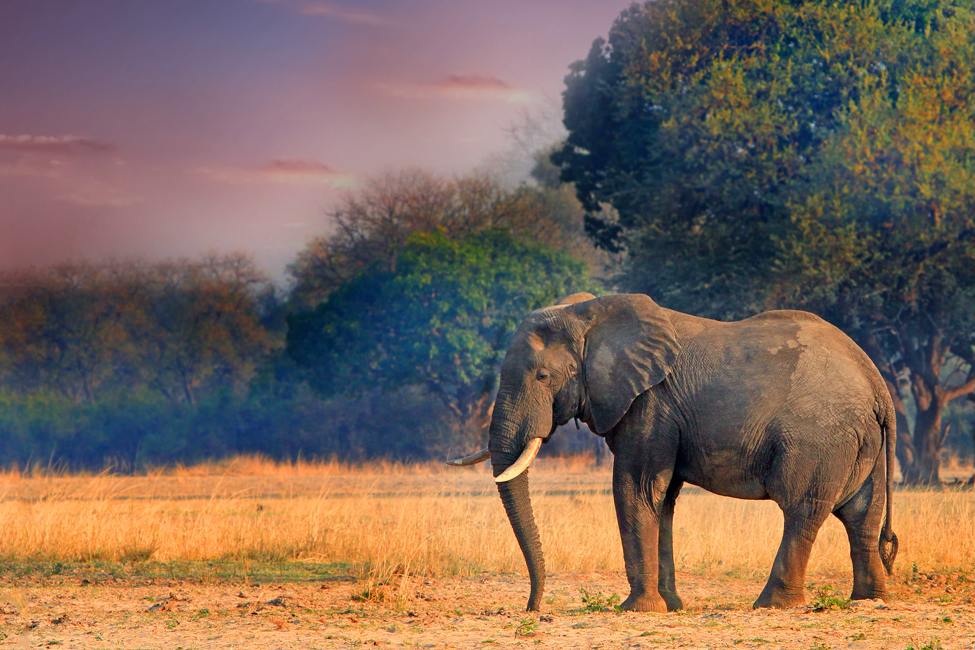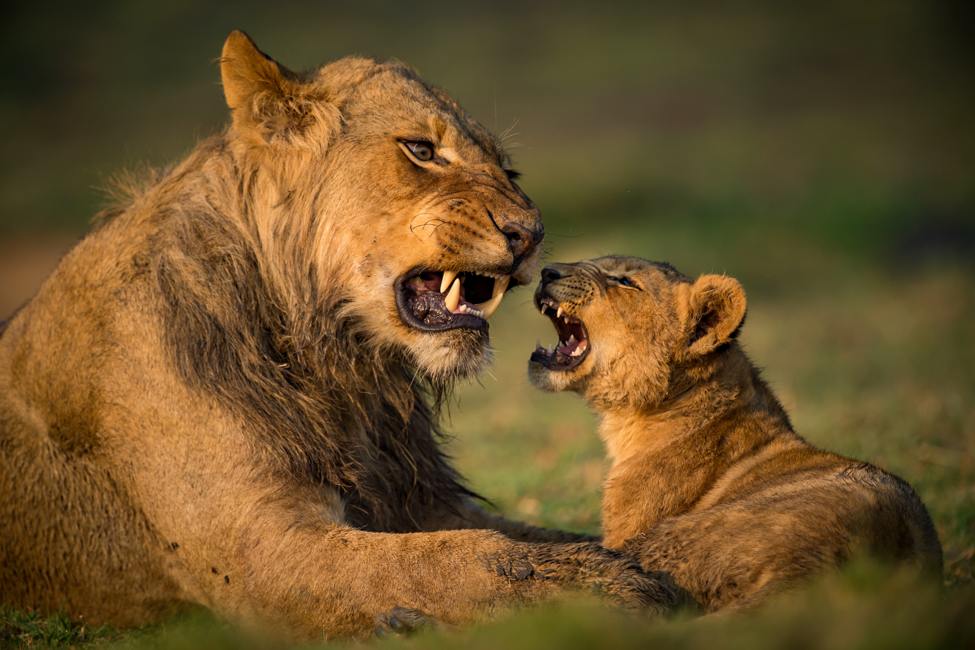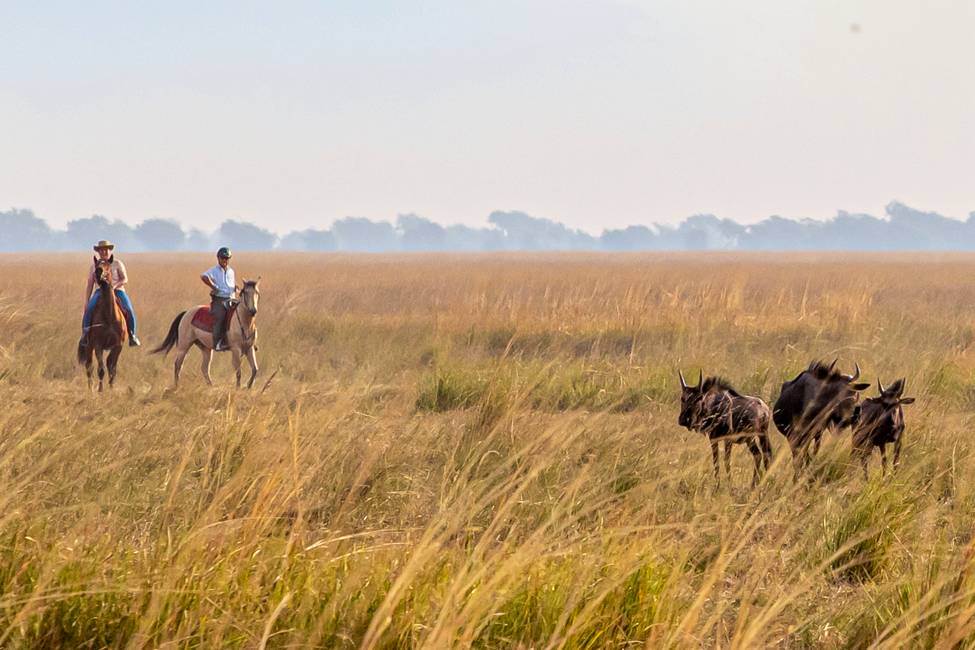Packing Tips for Safari: Your Complete Guide
Whether you’re preparing for your first safari or your seventh, knowing what to bring can make the difference between a memorable adventure and feeling unprepared. In this guide, we explain how to pack for your trip, ensuring you’re well-equipped to embrace every moment of your safari.
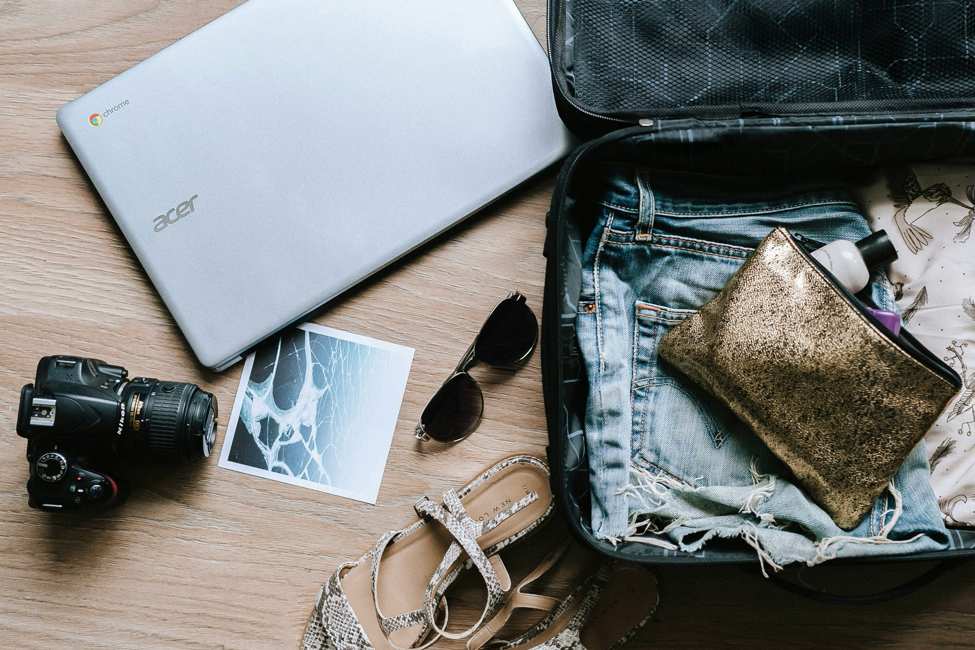
Pack light for safari, using soft-sided luggage.
General Packing Guidelines for Safari
Efficient packing ensures you have everything you need without overburdening yourself.
- Use soft-sided luggage. Duffel bags and backpack are easier to store in safari vehicles and light aircraft.
- Beware of weight limits. In-country charter flights generally limit total luggage to 33 pounds (15 kg) per person. That means your check-in and carry-on bags together must be under this limit. Pack necessities only, and select multi-purpose items where possible.
- Keep essentials in your carry-on. Pack one change of clothes, essential toiletries, malaria medication, camera supplies, and binoculars in your carry-on in case your checked luggage gets delayed.
- Bring a daypack. Carry water, camera gear, and sunscreen on game drives, walks, and boating safaris (plus a raincoat, depending on the time of year).
- Be mindful of single-use plastics. Some countries, such as Rwanda, forbid the import or use of disposable plastic bags. Leave expensive jewelry at home.
What to Bring on Safari
Travel Essentials
- Passport and two paper copies of info page—Carry your passport on you at all times and leave copies in luggage.
- Airline tickets
- Cash—Exchange this into local currency upon arrival for tipping and miscellaneous purchases.
- Credit or debit cards for ATM withdrawals and emergencies.
- Emergency contact, travel insurance, and health insurance information.
- Smartphone—Even if you choose not to make or take calls while in Africa, you might want it to access online field guides, take pictures, stay entertained on flights, or use the WiFi at your lodges to communicate with loved ones back home.
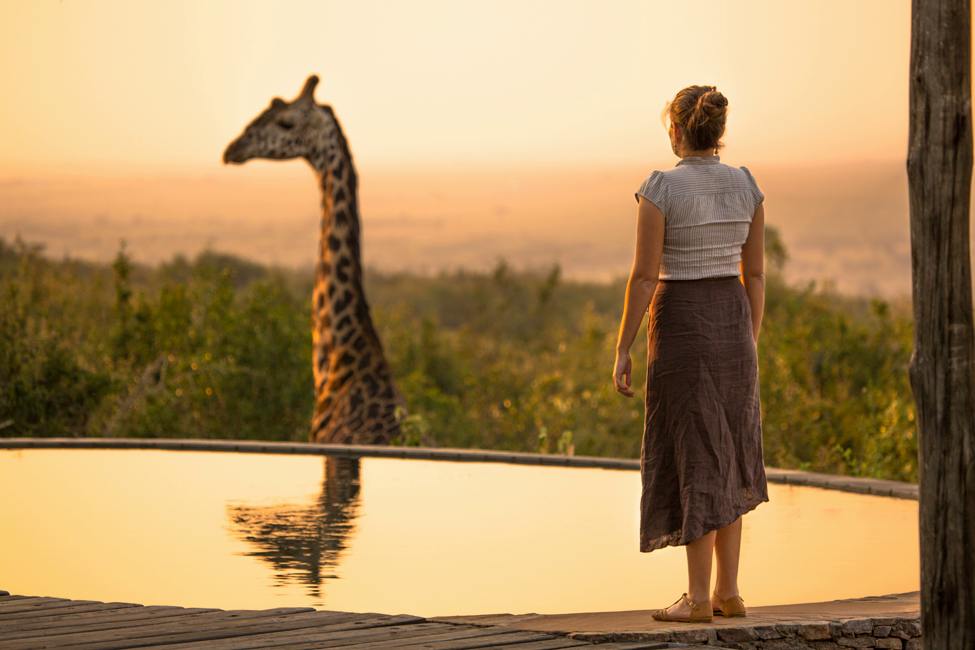
Neutral colors and lightweight fabrics are ideal for your safari wildlife encounters.
Clothing Essentials
Think comfort and functionality when it comes to safari attire. Opt for lightweight, breathable, quick-drying fabrics and dress in neutral colors like khaki, light brown, green, and tan. White clothes will show dust and dirt, while bright-colored clothing makes you very conspicuous to the wildlife. Bright colors are prohibited on gorilla treks. If traveling in areas with tsetse flies, avoid blue or black clothing.
Pack a maximum of 4–5 outfits, which should be primarily casual or “dress casual,” plus one or two nicer outfits if your itinerary includes luxury rail travel or a stay in a resort. Most camps and lodges offer laundry service.
- Long-sleeved shirts—These are your best protection from sun and insects.
- T-shirts—T-shirts are most suitable for beaches, indoors, and shaded areas.
- Safari pants—They should be quick-drying and durable for bush walks and game drives. Convertible pants offer the bonus of being able to double as shorts.
- Zip-up fleece jacket or sweater—Essential for layering on cooler mornings and evenings.
- Lightweight windbreaker or rain jacket with hood—Which you choose will depend on whether you are traveling during the dry or rainy season.
- Wide-brimmed hat—Shield your face and ears from the sun.
- Comfortable walking or hiking shoes—They should be water resistant and closed-toed. Upgrade to hiking boots and gaiters if you plan on gorilla trekking or primate trekking. Break in your shoes before traveling.
- Sandals or flip-flops—They’re ideal for relaxing at camp after a long day.
- Pajamas or loungewear—Linen drawstring pants or leggings can be worn inside your room and in common areas.
- Breathable, quick-dry undergarments
Finally, consider treating your clothing with permethrin before your trip. This kills mosquitos that land on the fabric, preventing them from biting.
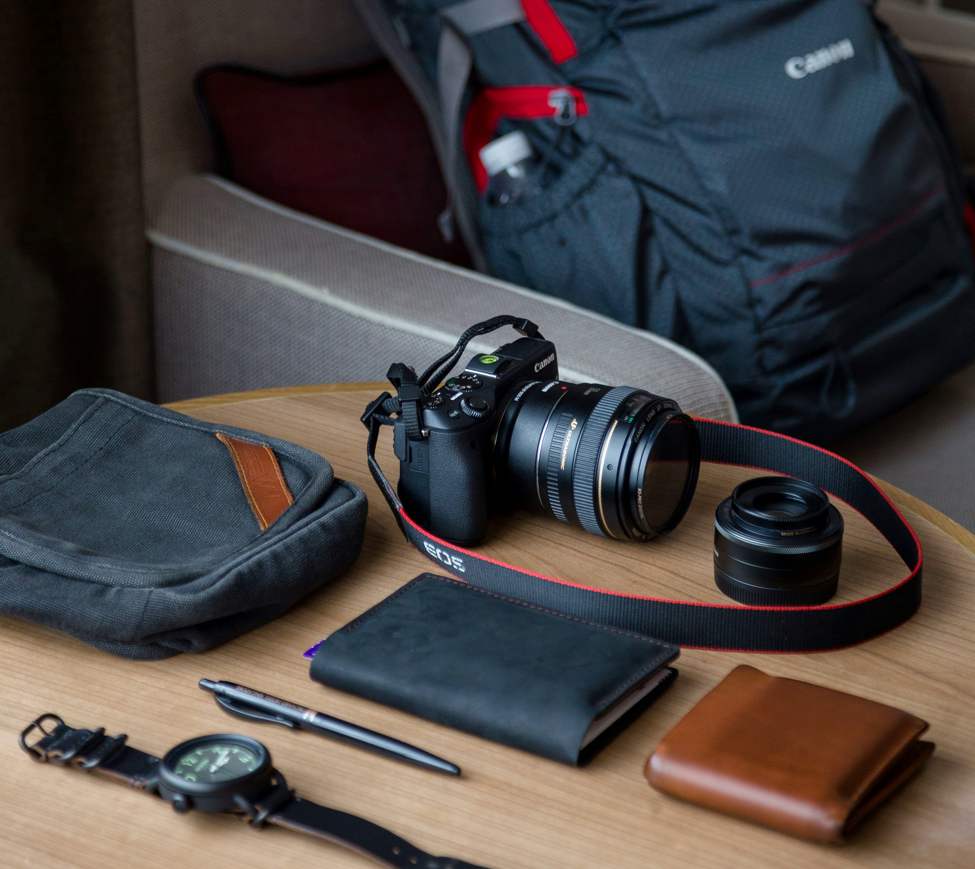
A daypack, camera, binoculars, and notebook are handy to have on safari.
Accessories
Enhance your safari experience with these recommended accessories:
- Sunglasses—Protect your eyes from UV rays and glare. Polarized lenses are a plus.
- Bandana or neck gaiter—Protect your neck and face from sun and dust.
- Binoculars—You might not need them to spot an elephant, but they are essential for close views of birds and smaller mammals.
- Camera and camera gear—Don’t forget extra batteries, memory cards, and lens cleaner. In the rainy season, bring a waterproof bag and lens cover as well.
- Headlamp or flashlight—Useful for reading at night or searching through your luggage when your traveling companions are asleep.
- Plug adaptors—U.S. plugs don’t fit in African outlets. You will need an adapter to charge phones, cameras, and other electronics. You may also need a voltage converter.
Toiletries and Personal Items
- Sunscreen—High SPF, water-resistant.
- Sunglasses
- Insect repellent
- Lip balm with SPF
- Toiletries—Bring toothbrush and toothpaste. Most lodges provide quality shampoo, conditioner, and soap.
- Hand sanitizer or wipes for cleaning your hands when you are away from your accommodations.
- Small pack of tissues for en route bathroom breaks.
- Personal first aid kit—Stay healthy on your safari! Bring a first aid kit with antihistamines, antidiarrheals, rehydration salts, pain relievers, motion sickness tablets, bandages, melatonin if recommended by your doctor for jet lag, and any necessary medications. Keep prescriptions in their original, labeled bottles.
- Disposable face masks—Some activities, such as gorilla encounters, require face masks. They are also great for easier breathing in dusty conditions and can keep you from catching a bug on your way to Africa. Getting sick is a terrible way to start your safari.
Optional but Useful
- Guidebooks or field guides—On Ujuzi adventures, safari vehicles frequently contain a field guide or two to share. But it’s always nice to have your own copy. You can also download Merlin Bird ID and iNaturalist to your smartphone.
- Notebook and pen—For tracking what you’ve seen!
- Travel pillow
- Small TSA-approved locks for luggage
- Light gardening gloves—These protect your hands from thorns and nettles on gorilla treks and forest hikes.
- Reusable cloth shopping bag—For souvenirs or dirty laundry.
- Swimsuit—Many lodges, hotels, and camps swimming pools or plunge pools. Of course, if your safari includes a beach stay, a swimsuit is a must!
- Reusable water bottle—This is mostly for using while en route to Africa and in lodges that provide filtered water, which is safe to drink. In other situations, we recommend drinking only bottled water.
- Small gifts, such as pens and other school supplies—These can be left at lodges for local community members, or you can ask your guide for advice on distributing them. You can also ask your lodge or camp about leaving new or used clothing in good condition. Candy is not an appropriate gift for children.
Plan Your Safari
When you pack appropriately for your safari, you can focus on the beauty and wonder of the natural world around you. So prepare wisely, and you’ll enjoy the journey of a lifetime!
Ujuzi African Travel helps you plan every step of your safari. That includes providing custom packing lists for different countries and activities. Contact us to explore your safari options.
Explore Africa on These Safaris
Explore Africa on These Safaris
Sign up for the Ujuzi Newsletter!
From top travel tips to innovative safaris and conservation movement, get inspired to plan your next African safari!



